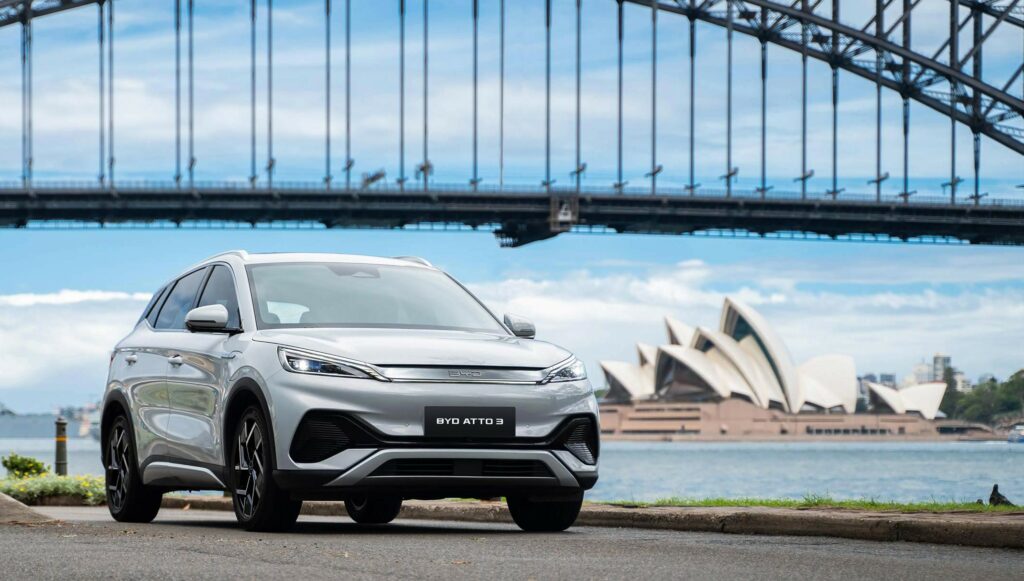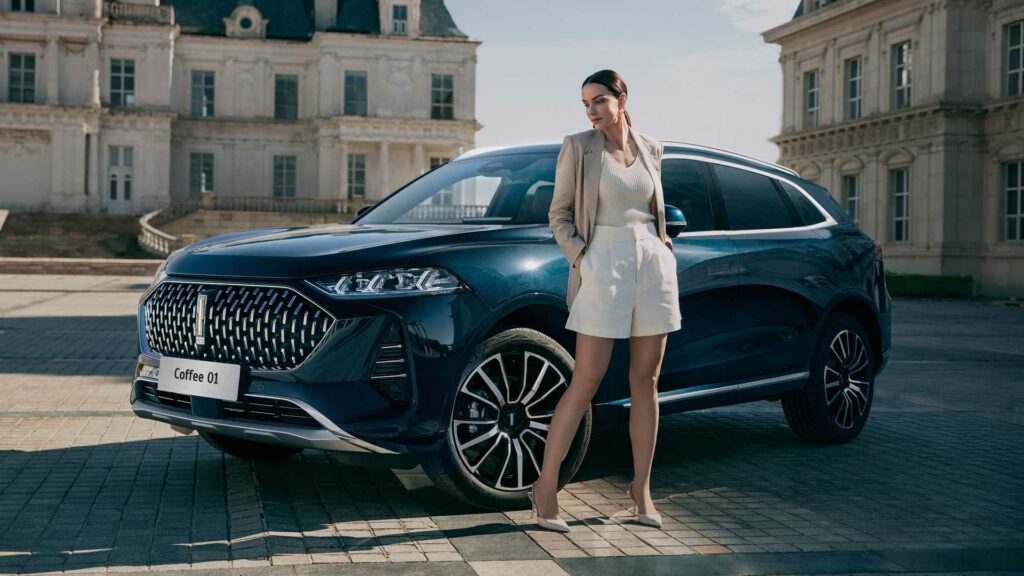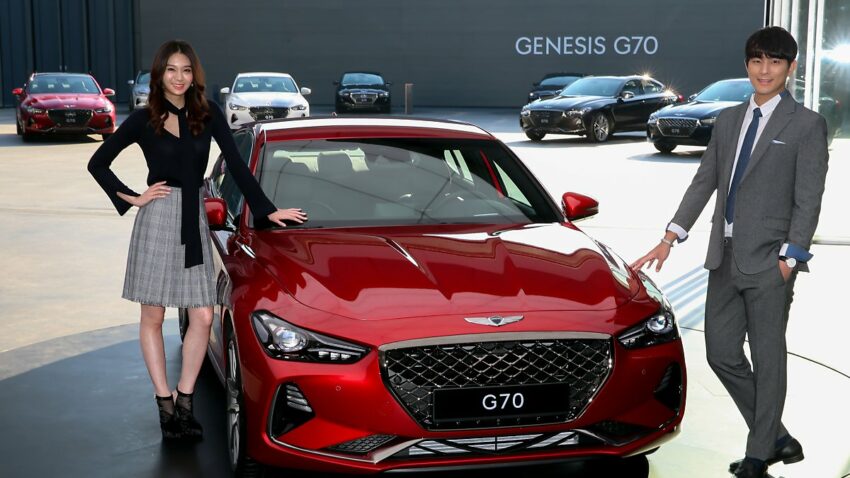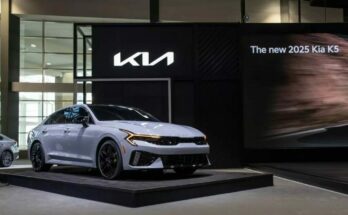China overtook Japan as the top exporter of automobiles in the first quarter of this year, stealing the title away from its Asian rivals and giving Korean automakers cause for concern. This is due to the increasing popularity of Chinese-made vehicles around the world.
According to data from the Korea Automobile Manufacturers Association (KAMA), China exported 994,000 vehicles in Q1, including 168,000 commercial vehicles and 826,000 passenger automobiles. In contrast, through the first three months of 2023, Japan exported 954,000 vehicles.
Related: Chinese Brands Account for Nearly 40% of New Car Sales in Russia
According to The Korea Times, China has recently begun to export more expensive cars, which has increased the attraction of its vehicles in affluent European nations like the United Kingdom and Australia. In fact, the average export price for a Chinese car increased to $16,400 in 2022 from $12,900 in 2018, a notable 27% increase.

Analysts believe that this year’s average price may exceed $20,000, which not only reflects the growing popularity of premium Chinese cars in wealthier markets, but they have also begun to be recognized due to the quality and features offered in niche segments. Lee Hang-koo from the Korea Automotive Technology Institute said:
“Last year, China became the second-largest exporter and this year, in April, it became the largest. Although China will continue to grow its domestic market, ultimately, to solve the supply and demand issue, it has no choice but to expand into the export market as the local market is already saturated. That’s why they made this declaration and embarked on an export drive.”

Lee Hang-koo believes that the proliferation of new cars from China will challenge the Hyundai Group of South Korea. According to Lee, Hyundai focused on emerging markets and saw progress, but [for them] the Chinese market just fell through. The U.S. market is doing well, however, Kia and Hyundai are already falling behind in the European market. China continues to push both electric and internal combustion engine vehicles out into the export market, leaving Korean companies at a disadvantage.

Though Hyundai has the Genesis luxury brand, in the end, the company needs to compete with both internal combustion engine vehicles and EVs in the mid-to-low price range. China’s advantage is its extensively large number of automakers, which offers a wide range of vehicles in every available segment, making it difficult for Korean, European, American, and even Japanese automakers to compete effectively.

A computer animation professional with over 23 years of industry experience having served in leading organizations, TV channels & production facilities in Pakistan. An avid car enthusiast and petrolhead with an affection to deliver quality content to help shape opinions. Formerly written for PakWheels as well as major publications including Dawn. Founder of CarSpiritPK.com




